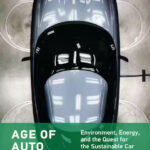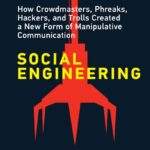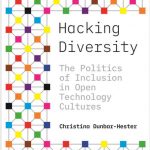When an early-adopter buddy of mine stopped by recently in his brand-new electric Ford Mustang Mach-E GT, I was stunned at how impressed I was. For one thing, unlike other electric vehicles (EVs) I have seen up close (mostly Teslas), this one looked and felt like a real car: it had a real dashboard with real switches and knobs, a real brake pedal, and an overall design that did not look like something an eight-year-old doodled after seeing Blade Runner 2049. More importantly, it was by far the fastest vehicle I have ever driven, so much so that by the end of a quick spin I had an idiotic grin on my face I could not quite shake. It was, as Matthew Eisler reports in Age of Auto Electric, the “EV smile.”


























 JOIN SSIT
JOIN SSIT